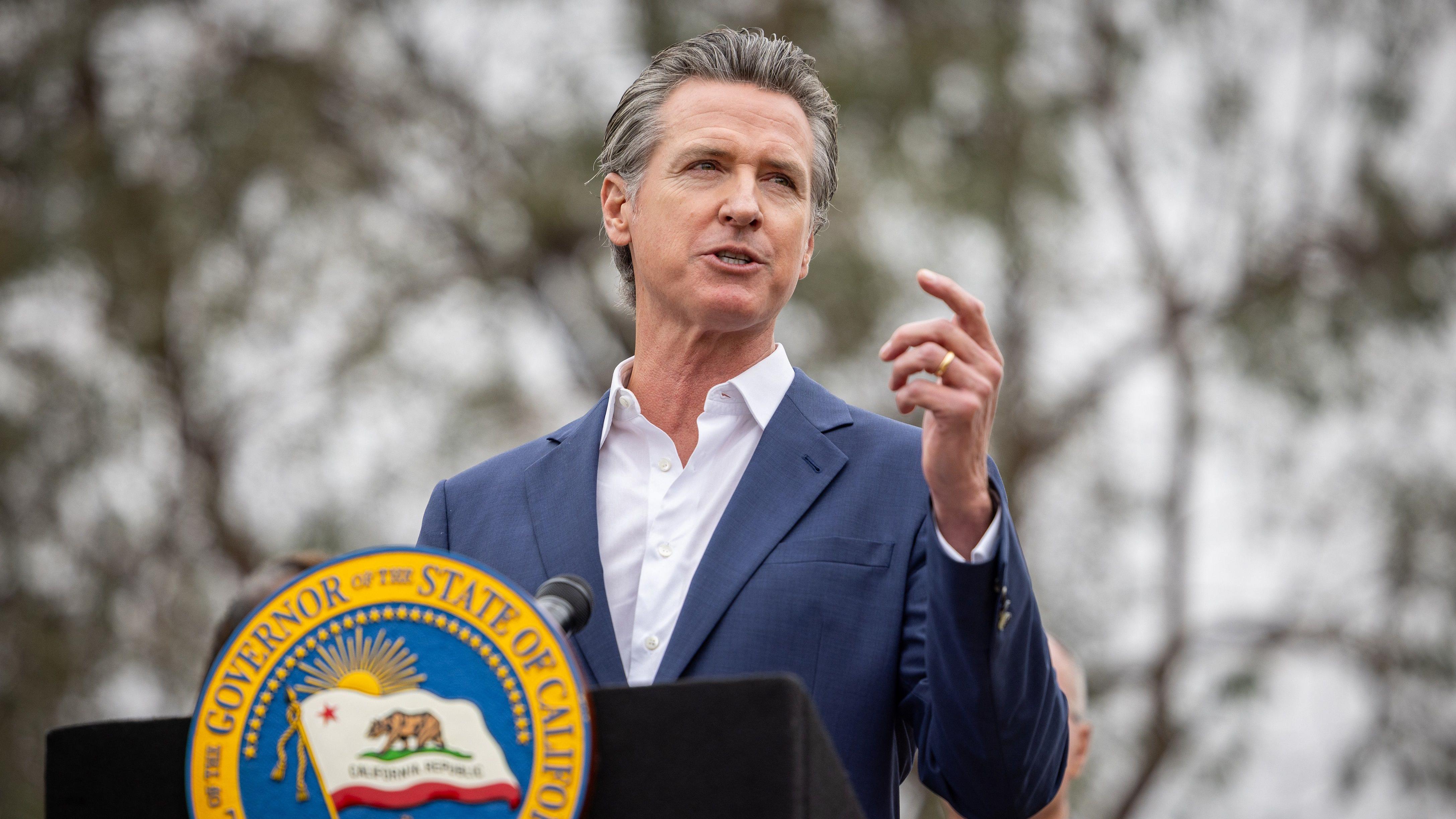Wiener says Newsom veto isn’t the end of AI safety effort
California State Senator Scott Wiener is preparing to continue his efforts to regulate artificial intelligence (AI) safety despite Governor Gavin Newsom's recent veto of a proposed bill. The vetoed legislation aimed to establish a framework for AI safety, focusing on transparency, accountability, and ethical standards in AI development and deployment. Wiener emphasized the importance of addressing the potential risks associated with AI technologies, including biases, privacy concerns, and the impact on jobs.
Wiener plans to reintroduce the bill in the next legislative session, highlighting the growing consensus on the need for robust AI regulations. He noted that the rapid advancement of AI technologies necessitates proactive measures to ensure they are developed and used responsibly. The proposed regulations would require companies to conduct impact assessments and implement safeguards to mitigate potential harms.
The senator's renewed push for AI safety legislation aligns with broader national and international efforts to create comprehensive AI governance frameworks. Wiener believes that California, as a hub for technology innovation, has a critical role to play in setting standards for AI ethics and safety. He also mentioned the importance of collaboration with stakeholders, including tech companies, researchers, and civil society organizations, to develop effective and balanced regulations.
Governor Newsom's veto was partly based on concerns about the bill's potential impact on innovation and economic growth. However, Wiener argues that responsible AI development can coexist with technological progress and that regulations are essential to prevent misuse and ensure public trust. The ongoing debate reflects the challenges of balancing innovation with ethical considerations in the rapidly evolving field of AI.
In summary, Scott Wiener remains committed to advancing AI safety legislation in California, emphasizing the need for transparency, accountability, and ethical standards in AI development. Despite the recent veto, he plans to reintroduce the bill, advocating for proactive measures to address the risks associated with AI technologies. The effort underscores the importance of establishing robust AI governance frameworks to ensure responsible and beneficial AI innovation.


